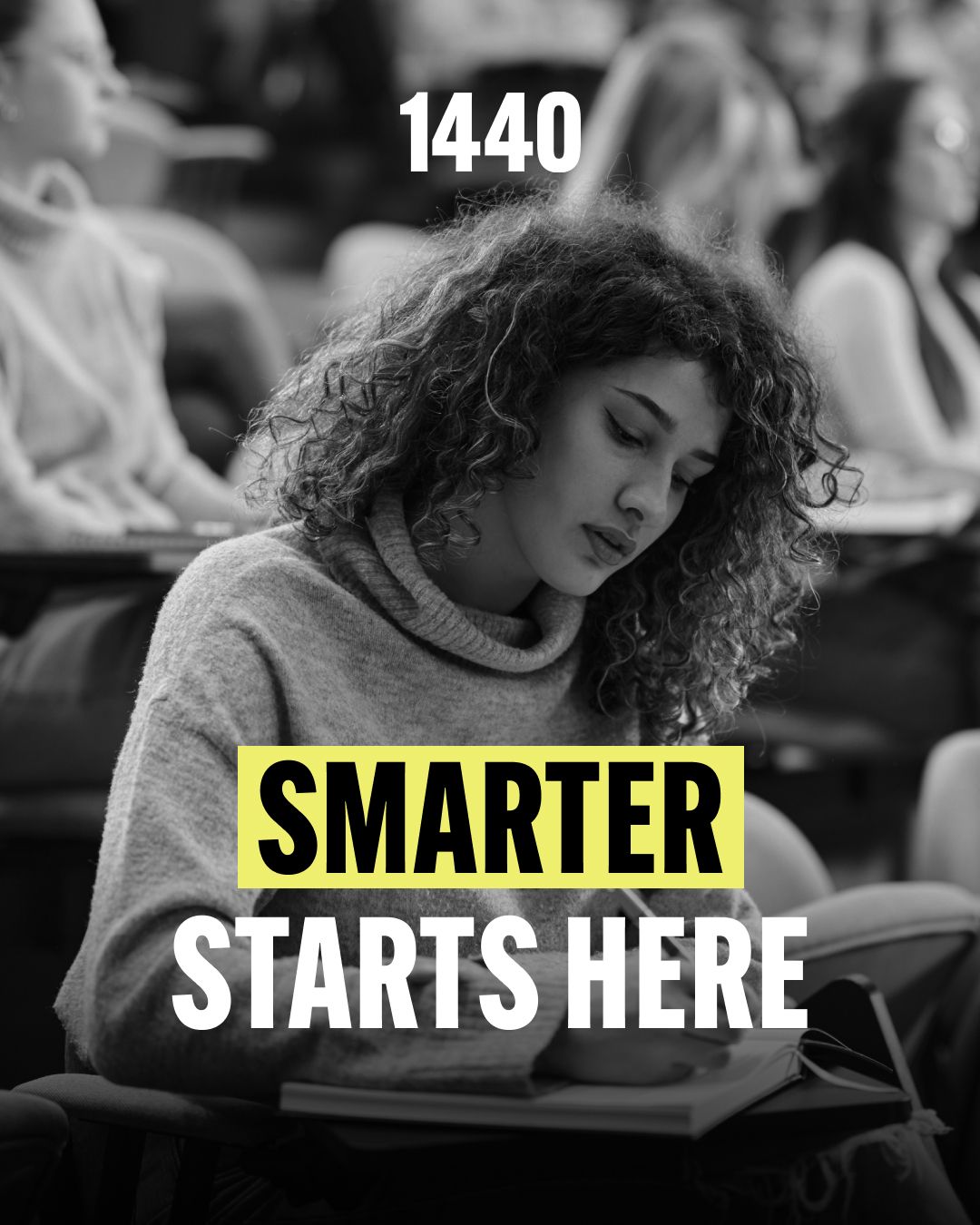Today's Agenda
Hello, fellow humans! Today…
News
Kids These Days, Amirite?
Some of the oldest known writing in the world, dating to 2000 BCE, complains that kids are becoming weak, and that they’ll never make it “in the real world.” (I might have made up that last part). But it’s worth pointing out that complaints about wayward youth is at least as old as the written word. And yet every generation behaves as if this is a new thing.
Something closer to the truth is that children become healthiest when we help them see and recognize our maladaptive behaviors. As we ramp up the AI machine, we need to help them prepare for a world where AI may be ubiquitous and dangerously persuasive.
So how to promote learning and cognitive development is generating significant discussion, particularly regarding children's critical thinking skills and educational approaches. Psychology Today writes about a new book Kids These Days: Understanding and Supporting Youth Mental Health. While it doesn’t directly address AI as a vector in youth mental health, a strong and resilient sense of self, strong critical thinking skills, and adaptability are all skills that we should be exercising right now.
This is good advice for teens, whether they deal with AI or not:
It's time to stop labeling youth and recognize them as the heroes of their own stories. Whether as parents, guardians, therapists, educators, or other role models, we need to build trust and foster relationships while helping the young people in our lives negotiate the adventure of adolescence. Our kids are not broken. What really needs to change is the adults these days.
Some practical advice from the Psychology Today article:
Let them play games where they can experience risk with age-appropriate stakes to learn resilience
Experience plenty of interactions in the physical world
Help them learn not to dwell or ruminate on negative outcomes
Join over 4 million Americans who start their day with 1440 – your daily digest for unbiased, fact-centric news. From politics to sports, we cover it all by analyzing over 100 sources. Our concise, 5-minute read lands in your inbox each morning at no cost. Experience news without the noise; let 1440 help you make up your own mind. Sign up now and invite your friends and family to be part of the informed.
According to a Pew survey, 26% of teens use AI, but what do kids actually think about AI? Wired conducted an informal survey to get a read. Here are some samples of what they said:
The only time I use it outside of school is for recipes, like for baking. Although sometimes I see videos that are AI that seem so real. I feel like that’s the scariest part of AI, that it can make anyone sound like they’re saying anything. The better it gets, the more believable it is, and the more dangerous it is.
I do feel like AI is infiltrating everything. My older sister uses ChatGPT, but I want her to stop using it, because it does so much harm to the environment. My younger sister uses AI to reply to text messages. That’s just a little glimpse as to what the future could look like, and it’s kind of scary, because that’s not normal.
Now, I take a lot of AP classes, and I use AI to streamline my studying. Like Quizlet gives you adaptive practice questions, based on what you get right and wrong. I also use Notion AI as my calendar app and for notes. It’ll scan through all my notes and tell me what page has the answers to a certain question. In May, when I start to study for AP exams, I use that.
Maybe they’ll be alright after all.
Radical Candor
We are at the dawn of this radical transformation of humans that by its very nature is a truly complex and emergent innovation. Nobody on earth can predict what’s gonna happen. We’re on the event horizon of something… This is an uncontrolled experiment in which all of humanity is downstream.

